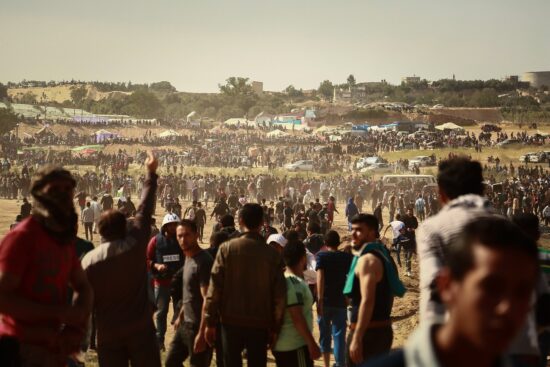Whole-genome sequencing for One Health surveillance of antimicrobial resistance in conflict zones: a case study of Salmonella spp. and Campylobacter spp. in the West Bank, Palestine
Antimicrobial resistance (AMR) is a critical global concern driven by the overuse, misuse, and/or usage of inadequate antibiotics on humans, animals’ agriculture, and as a result of contaminated environments. This study is the first One Health survey in the Middle East that incorporated whole-genome sequencing (WGS) to examine the spread of AMR in Campylobacter spp. and Salmonella spp. This cross-sectional study was conducted to examine the role of AMR at the human-animal-environmental interface and was performed in Ramallah/Al-Bireh and Jerusalem governorates of the central West Bank, Palestine.
This study showcases the benefits of integrated environmental-animal-human sampling and WGS for monitoring AMR. Environmental samples, which may be more accessible in conflict-torn places where monitoring systems are limited and regulations are weak, can provide an effective AMR surveillance solution. WGS of bacterial isolates provides causal inference of the distribution and spread of bacterial serotypes and AMR in complex social-ecological systems. Consequently, our results point toward the expected benefits of operationalizing a One Health approach through closer cooperation of public and animal health and food safety authorities.
AMR NEWS
Your Biweekly Source for Global AMR Insights!
Stay informed with the essential newsletter that brings together all the latest One Health news on antimicrobial resistance. Delivered straight to your inbox every two weeks, AMR NEWS provides a curated selection of international insights, key publications, and the latest updates in the fight against AMR.
Don’t miss out on staying ahead in the global AMR movement—subscribe now!







